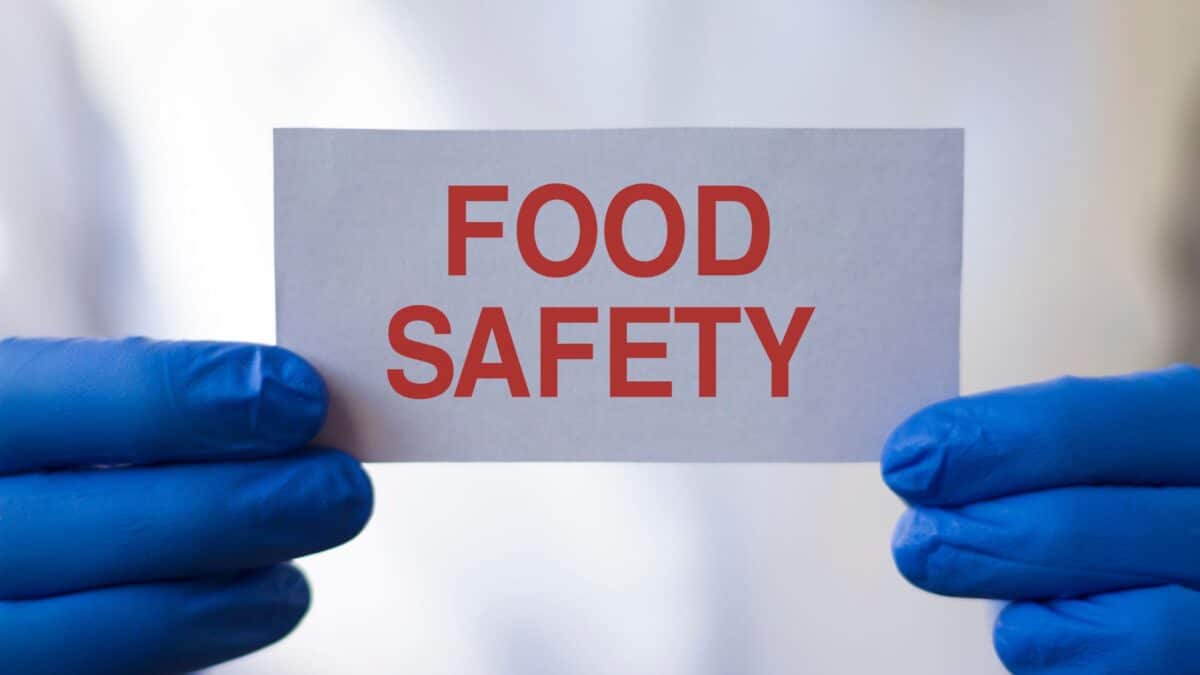
The Role of Food Safety In Gluten-Free Certification
The role of food safety is a critical aspect of gluten-free certification. It ensures that products labeled as gluten-free are safe for consumption. This is especially important for individuals with celiac disease and non-celiac gluten sensitivity. Ensuring food safety in gluten-free certification helps protect these consumers from health risks.
The Importance of Food Safety in Gluten-Free Certification
Food safety in gluten-free certification matters. It helps businesses manage the risk of recalls and complaints associated with gluten contamination incidents. By maintaining strict safety protocols, companies can ensure their products meet gluten-free standards. This compliance not only protects consumers but also the business itself.
Reducing Legal Liabilities
Ensuring food safety reduces legal liabilities for businesses. When a company can demonstrate adherence to safety standards, it minimizes the risk of legal action. This is because adhering to certification protocols proves that the business has taken necessary precautions to prevent contamination. Therefore, maintaining food safety in gluten-free certification is not just a regulatory requirement but a strategic business decision.
Managing Recalls and Complaints
Effective food safety protocols help manage recalls and complaints. Gluten contamination can lead to significant issues for both consumers and businesses. For consumers, it can cause serious health problems. For businesses, it can result in costly recalls and damage to the brand’s reputation. Therefore, implementing rigorous food safety measures is essential.
Ensuring Compliance with Safety Standards
Compliance with safety standards is a core aspect of gluten-free certification. This involves regular testing and monitoring of products. Such measures ensure that products meet the strict guidelines set for gluten-free labeling. As a result, businesses can confidently market their products as safe for gluten-sensitive individuals.
The Role of Regular Testing
Regular testing is vital in maintaining food safety. Testing helps identify any potential gluten contamination early. This proactive approach allows businesses to address issues before products reach consumers. Consequently, it helps in maintaining the trust of consumers and upholding the integrity of the gluten-free certification.
Training and Education
Training and education play a significant role in food safety. Employees must understand the importance of maintaining a gluten-free environment. This includes knowledge about cross-contamination risks and proper handling procedures. Well-trained staff are better equipped to implement safety protocols effectively.
Cross-Contamination Prevention
Preventing cross-contamination is a key focus in food safety for gluten-free certification. Cross-contamination can occur during various stages of production. Therefore, businesses must implement strict controls to prevent gluten from contaminating gluten-free products. This involves segregating gluten-free products from those containing gluten and using dedicated equipment.
Consumer Confidence
Gluten-free certification boosts consumer confidence. When consumers trust that products are genuinely gluten-free, they are more likely to remain loyal. Therefore, food safety measures not only protect health but also enhance customer satisfaction and brand loyalty.
Economic Benefits
Adhering to safety standards can also offer economic benefits. By preventing contamination, businesses avoid the high costs associated with recalls and legal issues. Moreover, maintaining a good reputation can lead to increased sales and market share.
Conclusion
Food safety in gluten-free certification plays a vital role in protecting consumers and businesses. It ensures compliance with safety standards and reduces the risk of recalls and legal liabilities. By implementing rigorous safety protocols, businesses can maintain the integrity of their gluten-free certification. This not only helps in managing risks but also in building consumer trust and loyalty. Therefore, prioritizing food safety is essential for any business involved in gluten-free product manufacturing. Through regular testing, training, and strict cross-contamination controls, companies can ensure their products are safe and reliable. In turn, this leads to a stronger brand and satisfied, healthy customers.
Disclaimer: The opinions in this blog are those of the gluten-free food program and are for information purposes only. Please contact the GFFP with any comments, questions or concerns.
